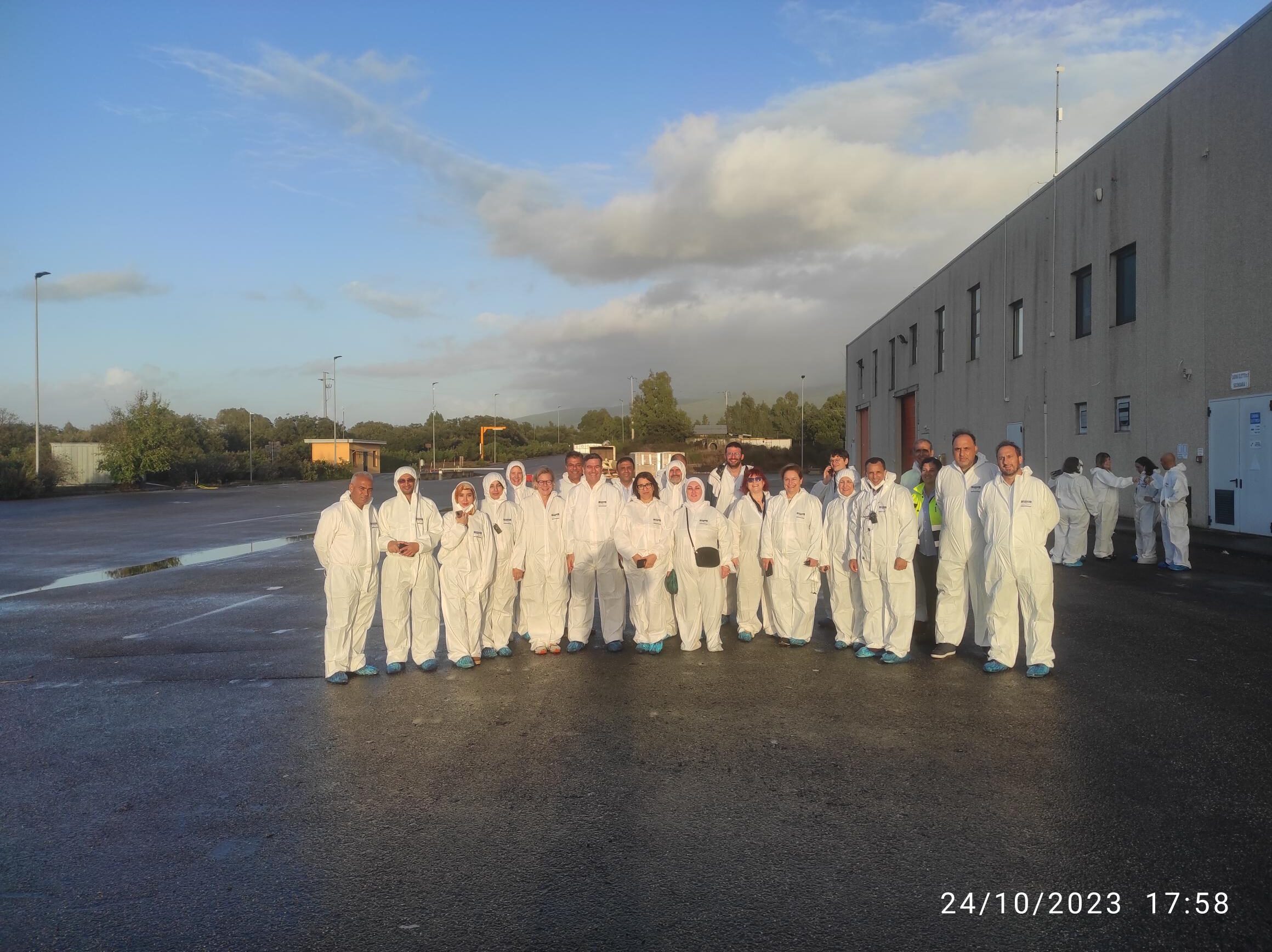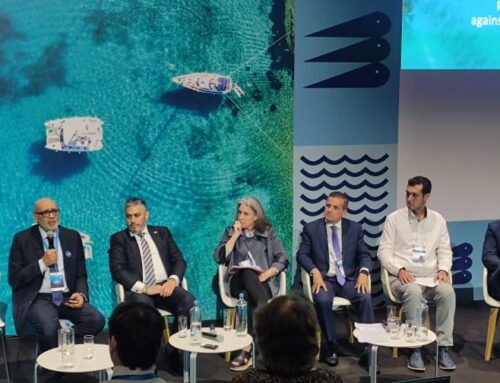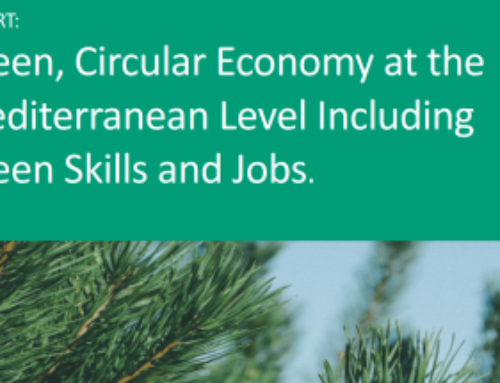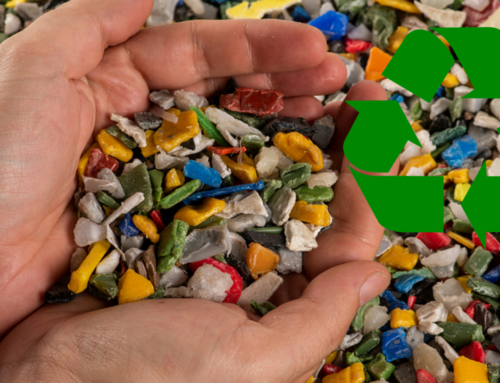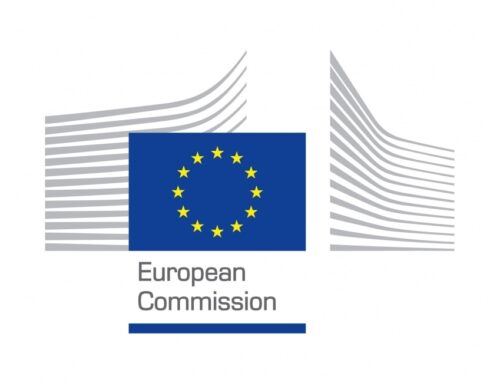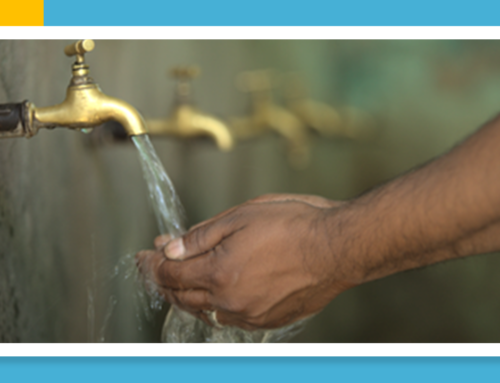The municipal waste management field in the Mediterranean suffers from multiple drawbacks and chronic problems that require strategic solutions and collaboration among various institutions and stakeholders. To tackle the issue of organic waste more specifically, decentralized actions are increasingly being considered as a viable solution.
The EU funded “Water and Environment Support (WES) in the ENI Neighbourhood South Region” project joined forces with ENI CBCMED Med4Waste, and organised a regional workshop and study visit from 24 to 26 October 2023 in Cagliari, Sardinia on “Decentralized management of municipal organic waste in the Mediterranean”. Both projects are directly supporting the implementation of the UfM’s 2030GreenerMed Agenda, while the event also constituted the Final Capitalisation meeting of the Med4Waste project.
More than 40 key stakeholders from most countries of the region, inclusive of policy makers, local authorities, the private sector and civil society organisations, participated in the workshop sessions and also visited the Arborea municipal solid waste sorting and treatment plant; a Municipal Collection Center in Calgiari that complements the city’s door-to-door scheme in place and aims to increase separate waste collection and promote environmental awareness; and the Esposito Group’s Ecocenter that processes beach waste (particularly posidonia), recovers every single grain of sand and returns it to the beach of origin, while recovering the organic fraction present and making it suitable for re-use in agriculture or green building. The trainees were able to directly interact with the local policymakers, entrepreneurs and community members learn valuable insights and exchange experiences.
During the workshop sessions, the participants were updated on the EU and Mediterranean policy context on waste management and circular economy, the Med4Waste results that are based on five ENI CBCMED projects, the Sardinian experience up close (including fiscal incentives, infrastructure development, green public procurement), and numerous Mediterranean good practices and case studies for replication on decentralised organic waste management.
Sardinia was chosen because it is an important tourist destination with typical Mediterranean food habits and weather conditions, very similar to those of the MENA countries. Furthermore, since 2004, Sardinia has become from one of the lowest ranking, the best performing island in Europe with its separate collection rate reaching 60% and waste generation per capita decreasing consistently (moving from 520 kg to 443 kg and residual waste moving from 500 kg to 176 kg per inhabitant).
About a month before the event in Sardinia a WES Peer-to-Peer process was launched, that will run till the spring of 2024, to further support experience exchange and knowledge transfer among WES PCs on initiatives, policy instruments, etc. in terms of managing organic waste in decentralized settings and catalysing the region’s transition to circularity.

